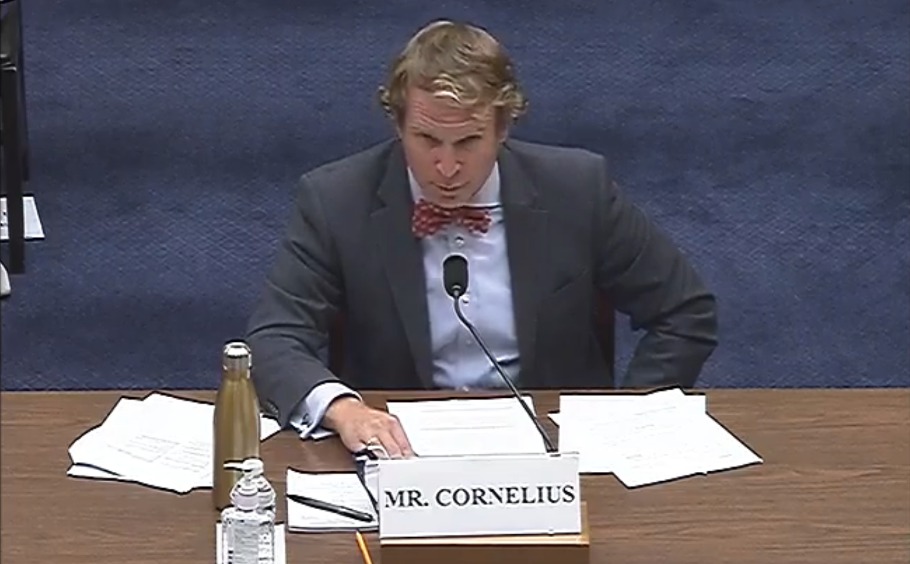Federal IT Systems Unable to Keep Up With Rapidly Changing Circumstances, Say House Oversight Committee Witnesses
July 20, 2020 — Federal information technology systems are outdated and unable to keep up with their exponentially growing responsibilities, said witnesses in a House Oversight Committee hearing Monday. The systems’ “incremental change is insufficient in the face of exponential growth,” said Gordon












Member discussion